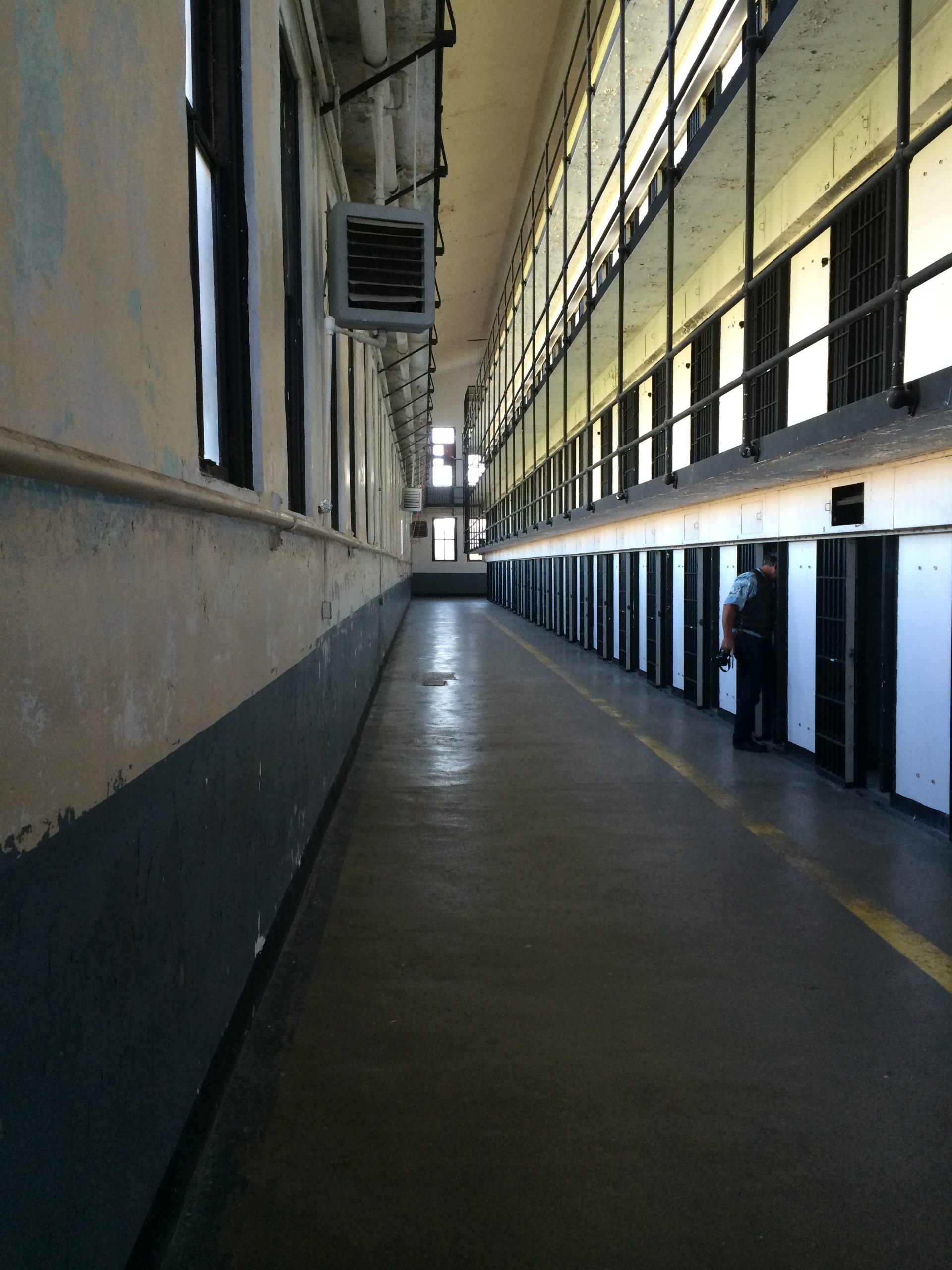 In the event that you find yourself in the challenging position of pursuing a medical malpractice lawsuit against your doctor, the presence of an expert witness becomes paramount. Such a witness is instrumental in establishing the negligence of your treating physician. A recent case originating from the Parish of East Baton Rouge sheds light on the specific qualifications required for expert witnesses in medical malpractice cases and the circumstances in which their testimony may be deemed unnecessary. Join us as we delve into this notable court ruling, which clarifies the vital role of experts and the instances where their expertise may be exempted.
In the event that you find yourself in the challenging position of pursuing a medical malpractice lawsuit against your doctor, the presence of an expert witness becomes paramount. Such a witness is instrumental in establishing the negligence of your treating physician. A recent case originating from the Parish of East Baton Rouge sheds light on the specific qualifications required for expert witnesses in medical malpractice cases and the circumstances in which their testimony may be deemed unnecessary. Join us as we delve into this notable court ruling, which clarifies the vital role of experts and the instances where their expertise may be exempted.
Landon Lee, a 13-month-old, was taken to Our Lady of the Lake Regional Medical Center (OLOL) for respiratory distress and vomiting. He was evaluated in the emergency room and admitted into Pediatric Intensive Care Unit. Unfortunately, his condition worsened even with incubation and life-saving interventions. He was transferred to Ochsner Medical Center via helicopter to be admitted to the Extracorporeal Membrane Oxygenation unit. He was given CPR during transfer but pronounced dead 44 minutes after arriving at Ochsner.
Landon’s mother, Anjel Lee, then filed suit on her and Landon’s behalf against OLOL and Dr. Shannon Boudreaux, the pediatrician and emergency room physician at OLOL, who treated Landon. Lee argued that OLOL and Boudreaux failed to properly care for and treat Landon. OLOL denied the allegations, arguing it was a qualified healthcare provider under the Louisiana Medical Malpractice Act, La. R.S. 40:123.1 provides that qualified healthcare providers have limited liability for malpractice claims. The hospital also denied that any action or inaction on their part was the cause of Landon’s death. Boudreaux also argued that he was a qualified healthcare provider under Louisiana law and was entitled to limited liability.
 Insurance Dispute Lawyer Blog
Insurance Dispute Lawyer Blog


 Bringing a lawsuit against one’s employer can be a daunting prospect, particularly when fears of retaliation loom large. However, it is essential to recognize that federal law offers safeguards to employees who pursue legal action under Title VII, including cases involving claims of sexual harassment. By delving into the provisions outlined in
Bringing a lawsuit against one’s employer can be a daunting prospect, particularly when fears of retaliation loom large. However, it is essential to recognize that federal law offers safeguards to employees who pursue legal action under Title VII, including cases involving claims of sexual harassment. By delving into the provisions outlined in  Personal injury lawsuits can be complicated, especially when they involve injuries sustained while shopping. Mary Mason found herself in this situation at a Burlington store in Lafayette, Louisiana, when a chair collapsed as she sat on it, causing her to fall and sustain injuries. Despite suing Burlington and claiming negligence, her case was dismissed due to a lack of evidence. This case highlights the importance of having experienced legal counsel to guide you through the lawsuit process. It also answers the question, what is Res Ipsa Loquitor?
Personal injury lawsuits can be complicated, especially when they involve injuries sustained while shopping. Mary Mason found herself in this situation at a Burlington store in Lafayette, Louisiana, when a chair collapsed as she sat on it, causing her to fall and sustain injuries. Despite suing Burlington and claiming negligence, her case was dismissed due to a lack of evidence. This case highlights the importance of having experienced legal counsel to guide you through the lawsuit process. It also answers the question, what is Res Ipsa Loquitor? When tragedy strikes, seconds matter. Any delay to the emergency response network can cost lives and livelihoods. When a train runs through an intersection, all activity has to yield to that train. What follows is the calamitous story of how a train may have prevented EMS from responding to a fatal accident. It also helps answer the question; Can a train be held liable for the delay in emergency services?
When tragedy strikes, seconds matter. Any delay to the emergency response network can cost lives and livelihoods. When a train runs through an intersection, all activity has to yield to that train. What follows is the calamitous story of how a train may have prevented EMS from responding to a fatal accident. It also helps answer the question; Can a train be held liable for the delay in emergency services? Most adults fear the day that they will need to rely on the care of another to function. Unfortunately, the rampant negligence and mistreatment only exasperate this fear throughout the nursing home and hospice industry. Small mistakes by caregivers are normal and almost expected, yet, Shirley Marzell faced severe injuries after her caregivers improperly secured her to a wheelchair lift.
Most adults fear the day that they will need to rely on the care of another to function. Unfortunately, the rampant negligence and mistreatment only exasperate this fear throughout the nursing home and hospice industry. Small mistakes by caregivers are normal and almost expected, yet, Shirley Marzell faced severe injuries after her caregivers improperly secured her to a wheelchair lift. Large waves and rough seas make boat travel a harrowing experience. But what happens if you are at work and fall out of bed during those stormy seas? Is the captain or company you work for liable under the Jones Act? The following case out of Louisiana helps answer the question; can I recover under the Jones Act if rough seas cause my back injury?
Large waves and rough seas make boat travel a harrowing experience. But what happens if you are at work and fall out of bed during those stormy seas? Is the captain or company you work for liable under the Jones Act? The following case out of Louisiana helps answer the question; can I recover under the Jones Act if rough seas cause my back injury?  If you fall into a utility box with no cover, one would likely think they can recover for the damages they endured. However, in Louisiana, lawsuits aren’t as easy as you think. For example, is a company responsible for the utility box if it didn’t have “constructive notice” the ground hole cover was defective? The following lawsuit out of New Orleans shows the difficulties encountered when suing a utility company for a ground hole cover fall.
If you fall into a utility box with no cover, one would likely think they can recover for the damages they endured. However, in Louisiana, lawsuits aren’t as easy as you think. For example, is a company responsible for the utility box if it didn’t have “constructive notice” the ground hole cover was defective? The following lawsuit out of New Orleans shows the difficulties encountered when suing a utility company for a ground hole cover fall. We have all seen warning cones and signs in front of a wet floor at a business. But what happens when you fall in front of the warning cone? Can the company still be held accountable for your injuries? The subsequent lawsuit, Kenner, Louisiana, shows how courts review slip and fall lawsuits on wet floors with warning signs in plain sight.
We have all seen warning cones and signs in front of a wet floor at a business. But what happens when you fall in front of the warning cone? Can the company still be held accountable for your injuries? The subsequent lawsuit, Kenner, Louisiana, shows how courts review slip and fall lawsuits on wet floors with warning signs in plain sight. Schools are institutions for learning and public meeting spots for numerous events. People come and go daily and the safety of all visitors is paramount. But what happens when a visitor to a school is injured on the premise? Can a school be held liable for a visitor’s injuries on its campus? The following case out of Kentwood, Louisiana, shows the need for adequate proof when pursuing a trip and fall lawsuit against a school.
Schools are institutions for learning and public meeting spots for numerous events. People come and go daily and the safety of all visitors is paramount. But what happens when a visitor to a school is injured on the premise? Can a school be held liable for a visitor’s injuries on its campus? The following case out of Kentwood, Louisiana, shows the need for adequate proof when pursuing a trip and fall lawsuit against a school. When someone is injured in an accident, the question often arises, who is at fault? Certain factors must be met to find fault in an injury case. The following case outlines the elements which must be proven to file a personal injury lawsuit against a public park in East Baton Rouge.
When someone is injured in an accident, the question often arises, who is at fault? Certain factors must be met to find fault in an injury case. The following case outlines the elements which must be proven to file a personal injury lawsuit against a public park in East Baton Rouge.